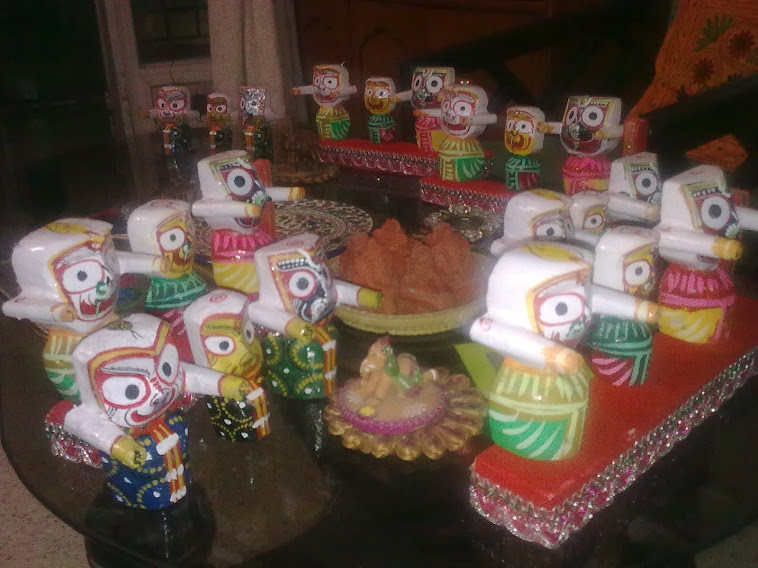 The fifth of June is World Environment Day. So what’s the big deal? Every day seems to be dedicated to something, from proclaiming love from the rooftops to protecting axolotls or orangutans.
The fifth of June is World Environment Day. So what’s the big deal? Every day seems to be dedicated to something, from proclaiming love from the rooftops to protecting axolotls or orangutans. Media campaigns, green walks, street rallies, distribution and planting of saplings, slogan writing and painting contests, strings of functions and speeches — what impact does it have on people like us?
We continue to slouch in our cosy synthetic leather beanbags, drooling over junk food and gaping at the idiot box, craving for more, more, more. Consider the everyday example of plastic bags, which we recklessly use and throw.
This is among the many environmental hazards created by people like us. Our Supreme Court recently called for a curb on the use of plastics, citing its harmful effects on humans, and on animals swallowing them. “Our next generation is sitting on consequences greater than the atomic bomb,” the court said.
Yet, when the talk turns to reducing our own carbon footprints, we turn a deaf ear. Guzzling less electricity and petrol or saying no to plastic bags? No sir, please excuse us.
World Environment Day is a call for each of us to sit up and reflect. Life isn’t all about grab-grab, waste-waste, though frankly that’s just the way we like it. This planet and all the wonderful things nature has created, belongs to us all. This world is miraculous in its infinite beauty and variety.
...
Domestic wastes need to be sorted into items that can be recycled or made into compost. We can mobilise support for recycling efforts within our community.
Industries drive economic growth, but they also produce pollutants and can exhaust natural resources. We can help mobilise public opinion within the community towards a change for the better. As aware and alert consumers, we can insist on buying products from businesses that have plans to sustain the environment; treat effluents before releasing them into the ecosystem, and invest in renewable energy. We must do our homework and ask questions.
Many of us will shoot down warnings and good advice, and continue in our wasteful ways. As long as our material greed flourishes, we will be hell-bent on exhausting the resources of our planet.
Scientists provide a ray of hope. Earth-like rocky planets fit for human habitation may be more common in the universe than stars, say planetary scientists at Australian National University. We can extend the use and throw culture to our earth, and junk it as we seek out new planets to colonise, exploit and devastate.
My complete essay on the subject is published in Sunday Herald
